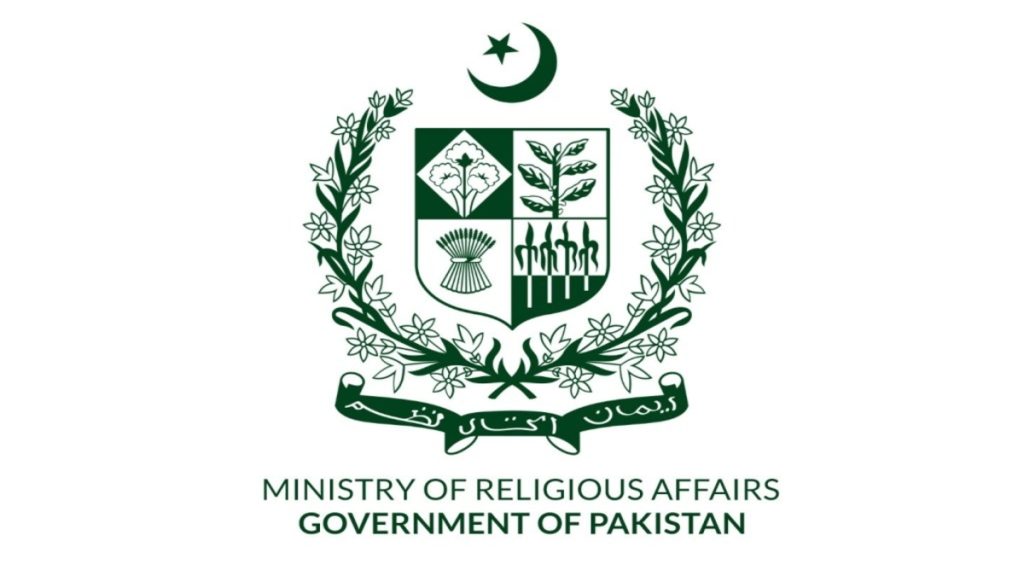Madrassa reforms is a major concern of the liberal world today. New developments at international level, especially the events of 11th September 2001, increased the importance of madrassa reforms not only for Pakistan but also for the whole Muslim World. The Government of Pakistan and countries in the West, particularly America, are now eagerly seeking to enforce changes in the Madrassa system with the belief that non-reformed madrassas are rapidly emerging as major training grounds for terrorists. In addition, many Muslims, including the Ulema, are also at the forefront of demand for change in the Madrassa system. The different actors in this complex game have widely differing understandings of reforms, each reflecting their own particular agenda.
Agenda of Madrassa Reforms and the President Musharraf Regime
The government policy towards reforms dates from August 2001, prior to the 9/11 terrorist attacks on the USA. General Musharraf, the then President, underlined the need to curb the influence of religious institutions. His proposals included widening the Madrassa curricula and bringing them within the mainstream of education and prohibiting madrassas accepting students from other countries.
As a part of the Madrassa reform program of the government, the National Education Policy 1999-2010 had envisaged the major objectives in the context of the Madrassa. It included bridging the existing gulf between formal education and the madrassas; equating their degrees with the formal education system; recognizing them and providing valuable and related books for research and reforms; and evolving an integrated system of national education by bringing madrassas and modern schools closer in the curriculum. In line with these objectives the government initiated certain revolutionary steps for improvement of the working conditions of madrassas across the country.
The Pakistan Madrassa Education Board Ordinance, 2001
In the first instance an Ordinance called “The Pakistan Madrasah Education (Establishment and Affiliation of Model Dini Madaris) Board Ordinance, 2001″ was promulgated on August 18, 2001.The aim of this ordinance was to secure the registration, regulation, standardization and uniformity of curricula and standard of education of Madrassa imparting specialized Islamic education in Pakistan with the general education system.
The ordinance afforded representation of the different schools of thought in the Board. To start with, a Pakistan Madrassa Education Board under the provisions of this Ordinance was setup on 8 September 2001 under the control of the Ministry of Religious Affairs. The Ordinance, however, could not be properly enforced, as religious circles did not cooperate with the government. In this backdrop, the government reviewed its policy and initiated additional steps in the context of registration of madrassas, rationalizing of their syllabus and mainstreaming them.
Deeni Madaris (Voluntary Registration and Regulation) Ordinance, 2002
In June 2002, the government drafted “Deeni Madaris (Voluntary Registration and Regulation) Ordinance, 2002” and it was passed by the federal cabinet, but it could not be promulgated as President Pervez Musharraf could not sign this decree due to strong resistance from the madaaris. Under this ordinance, the madaaris were to be asked to get registered voluntarily, while foreign financial assistance was banned for the madaaris.
Under its provisions “no Madrassa shall operate without getting itself registered; every Madrassa shall submit an annual report of its educational activities and performance to the registrar; every Madrassa shall cause to be carried out the audit of its accounts by an auditor and submit a copy of its audited report to the registrar; and no Madrassa shall teach or publish any literature which promotes militancy or spreads sectarianism or religious hatred”.
Madrassa Reforms Project (MRP), 2004
In October 2004, as a next step, the government introduced the “Government Madrassa Reforms Program 2004”. The Madrassa Reform Project (MRP) is a part of the government comprehensive program for the reform of religious institutions in the country. The aim of the project is to teach formal subjects such as English, Mathematics, Pakistan Studies/Social Studies, and General Science along with religious education. The Memorandum of Understanding (MoU) agreed between the federal, provincial and regional educational authorities for executing a multi-million rupees project for reforming 8,000 madrassas within five years was a ground-breaking event.
Societies Registration (Amendment) Ordinance, 2005
After a long discussion amongst stakeholders, the government promulgated the “Societies Registration (Amendment) Ordinance, 2005” for the registration of madaaris. This ordinance was the amended form of the ‘Societies Registration Act 1860.’ This act stipulated that every madrassa will give an annual report of its activities to the registrar. The madaaris will also present a report of the annual budget as well as receipts of their revenue and expenditure. No madrassa will teach or publish any literature or material that promotes terrorism, sectarianism or religious hatred. All the madaaris will be registered, and no madrassa can be established and run without registration.
However, the Ordinance did not work out in its intended spirit, and the madaaris rejected survey forms from the office of the Interior Ministry on ground of non-fulfillment of agreed conditions. The Ittehad Tanzeemat Madaaris Pakistan (ITMP) claimed that the government was seeking credentials from madaaris, violating the agreement that any information about any seminary would be sought through the wafaq instead of the government.
OTHER RELATED POSTS
